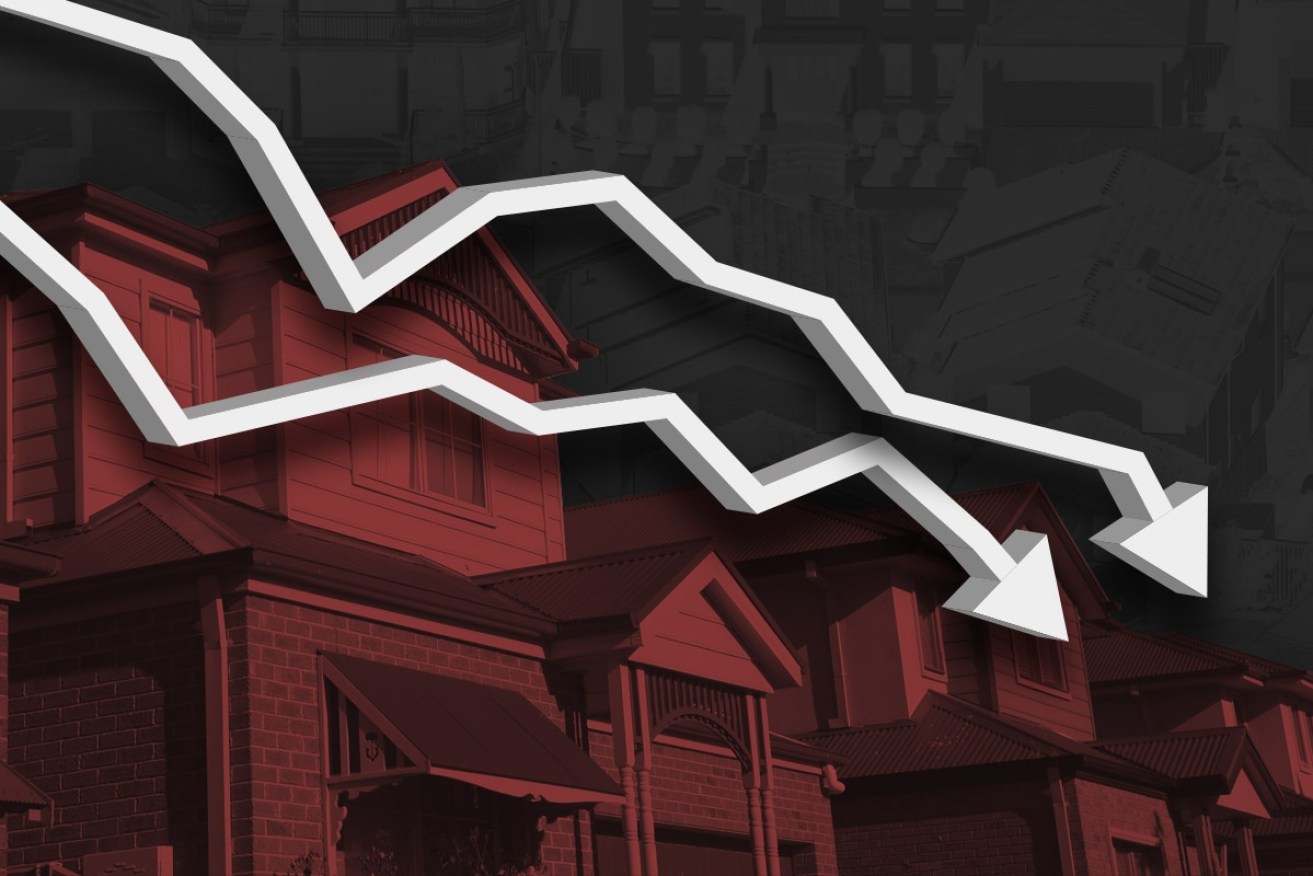Young Australians living at home longer: HILDA survey


Young Australians are less likely to buy homes, and are burdened with far more debt when they do. Photo: Simon Rankin
Sky-high house prices are not only making it harder for young Australians to buy a home, they have entrenched the trend of young people living in the family home well into their 20s.
This year’s Household, Income and Labour Dynamics in Australia (HILDA) survey, published on Tuesday, found that home ownership among young couples aged 18-39 with children fell almost 17 percentage points, while childless young couples fared little better, declining almost 12 points, between 2002 and 2014.
Not only were young Australians less likely to buy homes, but many more were staying with their parents.
In 2001, only 43 per cent of men and 27 per cent of women aged 22-25 were living in the family home. By 2015, this had spiked to 60 per cent of men and 48 per cent of women.
Those who do manage to get onto the property ladder – perhaps by saving while living at home – have been forced to carry far more debt.
Average mortgage debt among 18-39 year olds jumped in real terms from $169,201 to $336,586 over the past 12 years. This means the property debt burden carried by the young has almost doubled, if you adjust for inflation.
The report also found a marked fall in home ownership among Australia’s second-lowest earners. In years past, many in this group had managed to squeeze into the market, even as Australia’s poorest – the earners one rung below them – were forced to rent for life.
But not anymore. Home owners in the second-lowest income quartile fell from 37 per cent in 2002 to 16.6 per cent in 2014, a massive 20-point drop.
Professor Roger Wilkins, editor of the HILDA report, said the falling home ownership rates were “a profound social change”.
“You couldn’t ignore what’s been happening in the housing market. It’s a very different world we’re inhabiting,” he told The New Daily.
For 16 years the HILDA survey, run by The University of Melbourne, has polled the same 17,000 Australians (minus those who’ve died, and plus any children born to the original sample group) in order to get a comprehensive picture of what’s happening in the economy.
This year’s findings were based on the latest wealth data, which dated back to 2014 and 2015. Many of the trends were confirmed in last year’s census.
Professor Wilkins was also alarmed by a “general deterioration of labour market fortunes for recent graduates”. He was particularly concerned about young Australians without post-school qualifications.
“The ability to access full-time employment straight out of education has diminished,” he said.
HILDA found a relatively flat rate of growth in inequality and poverty. According to the survey, the biggest increases in inequality happened in the past decade, with growth in the divide slowing in recent years.
This contrasted with Labor leader Bill Shorten’s promise to tackle ‘worsening’ inequality if he wins the next election.
However, Professor Wilkins said rising financial strains and falling home ownership were contributing to “a growth in dissatisfaction”.
“People have noticed,” he said.
The failure of many to achieve their dreams of home ownership “has come with a decline in objective welfare, a sense of how well our life is going”.
“People were less concerned about how the pie was divided up when they were noticing how their living standards were increasing year to year,” he said.
“But when the growth stops, people look around at the fairness of their incomes.”
Professor Wilkins said one example of worsening inequity was plunging home ownership among young Australians, even as the number of Australians owning multiple homes rose from 16.5 per cent in 2002 to 21 per cent in 2014.
In recent years, median income growth has flat-lined across the country. We’re getting nowhere fast with wage growth so low that in some cases it is failing to keep up with inflation.
Professor Wilkins said he believed the federal government had failed to address people’s grievances in recent years, and that this had given rise to political instability.
“There’s lots of things we can and should do.”
He said one way for the government to help young property buyers would be to reduce the capital gains discount.









